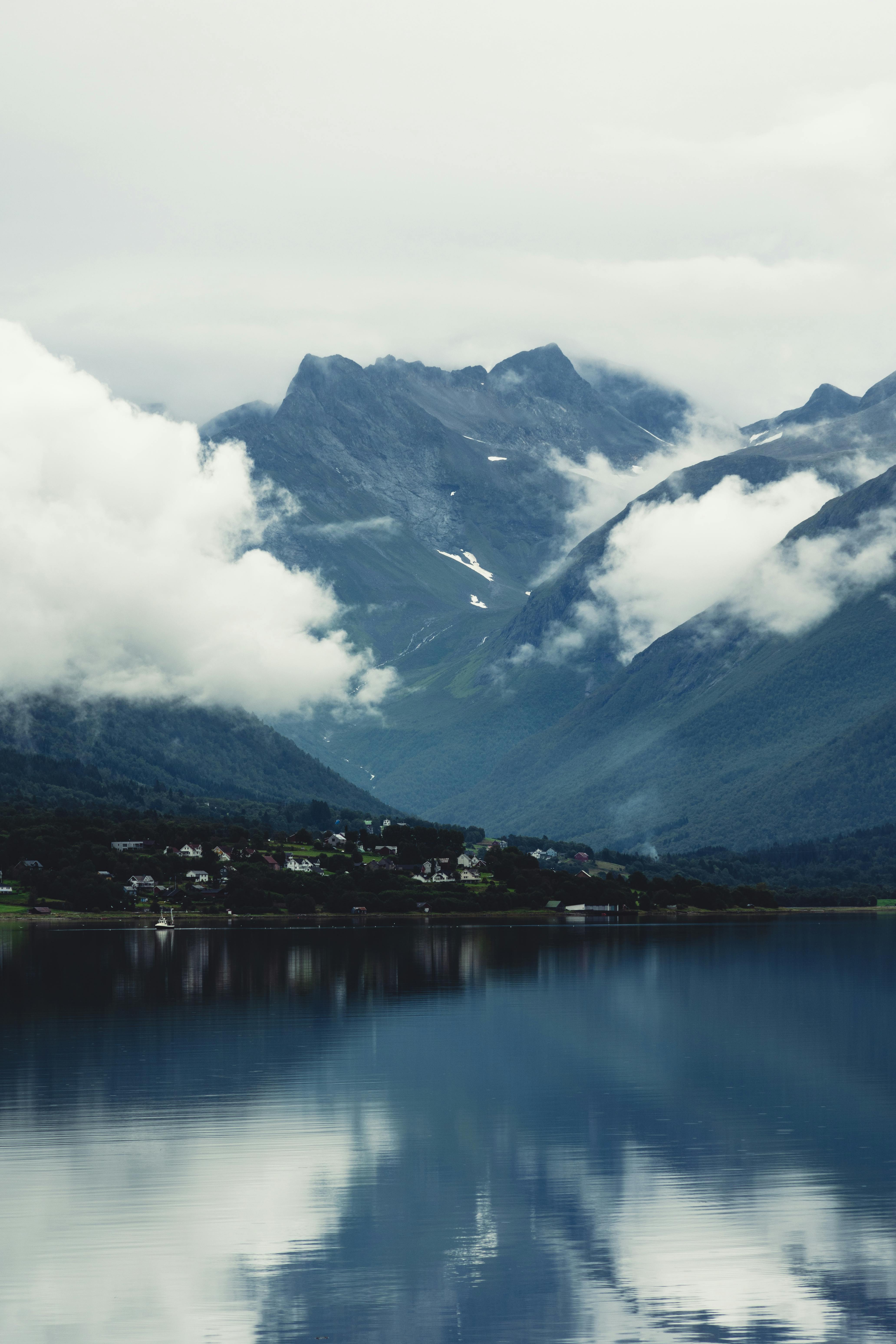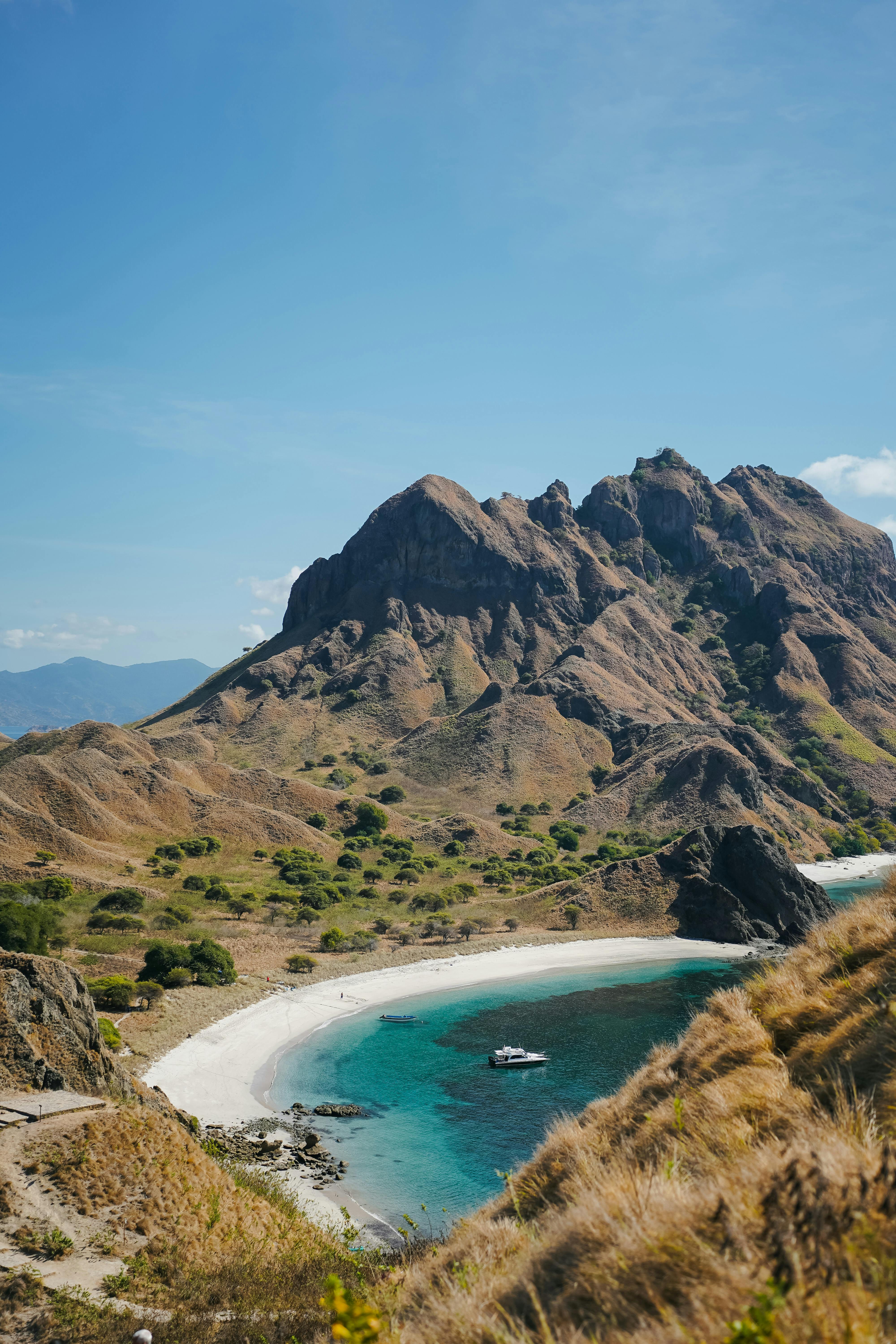Are you looking for resources on well water conservation practices? If so, you’re in the right place! This article will provide you with valuable information and tips on how to find the resources you need to conserve well water. Whether you’re a homeowner who relies on well water or simply interested in sustainable practices, we’ve got you covered. Let’s get started!
1. Online Research
When it comes to finding resources on well water conservation practices, online research is a great place to start. There are several avenues you can explore to gather valuable information and guidance on conserving well water effectively.

1.1 Search Engines
Search engines are a powerful tool for finding a wide range of resources related to well water conservation practices. By simply entering relevant keywords or phrases into a search engine, you can uncover articles, websites, forums, and other online materials that provide valuable insights into conserving well water. Make sure to use specific search terms, such as “well water conservation tips” or “water-saving practices for wells,” to narrow down your results and find the most relevant information.
1.2 Websites and Articles
Websites and articles dedicated to well water conservation are excellent sources of information. Many organizations, government agencies, and educational institutions have websites that offer comprehensive guides, tips, and resources on conserving well water. Look for well-established websites with reliable information and consider bookmarking them for future reference. Additionally, online articles published by reputable sources can provide valuable insights and tips on effective well water conservation practices.
1.3 Blogs and Forums
Blogs and forums are an excellent resource for well water conservation ideas and experiences shared by individuals and experts in the field. You can find blogs written by homeowners, conservation enthusiasts, and professionals who have successfully implemented water-saving techniques for wells. Forums, on the other hand, provide an opportunity to engage in discussions with like-minded individuals who can share their experiences, tips, and recommendations on conserving well water.
1.4 Educational Institutions
Educational institutions, such as universities and colleges, often offer resources on well water conservation practices. Many institutions have dedicated departments or centers that focus on environmental studies, water management, or agriculture, which can provide valuable research papers, articles, and guides on conserving well water. Don’t hesitate to explore their websites or contact relevant departments to inquire about available resources.
1.5 Government Websites
Government websites at both the local and national level often provide valuable resources on well water conservation practices. These websites typically house information on water conservation initiatives, regulations, programs, and incentives specific to your region. Government websites are reliable sources of information and can help you stay up to date with the latest conservation strategies and policies implemented to protect well water resources.
2. Local and National Organizations
There are numerous local and national organizations that focus on various aspects of water conservation, including well water conservation. These organizations play a crucial role in providing resources, support, and guidance for individuals looking to conserve well water effectively.
2.1 Environmental Conservation Organizations
Environmental conservation organizations often offer resources and guidance on various aspects of water conservation, including well water. These organizations are dedicated to protecting natural resources, promoting sustainable practices, and raising awareness about environmental issues. By connecting with such organizations, you can access valuable resources, attend workshops or seminars, and join community initiatives focused on well water conservation.
2.2 Agriculture and Farming Associations
Agriculture and farming associations are a valuable resource for individuals who rely on well water for their agricultural or farming activities. These associations often provide resources, workshops, and guidance on efficient irrigation techniques, soil moisture management, and other water-saving practices specifically tailored to those in the agricultural sector. By connecting with these associations, you can gain valuable insights and support in effectively conserving well water for your farming needs.
2.3 Water Management and Conservation Groups
Water management and conservation groups focus on promoting sustainable water management practices across various sectors. These groups often offer resources, workshops, and networking opportunities to individuals interested in conserving well water. By joining these groups, you can learn from experts, exchange ideas with like-minded individuals, and gain access to valuable resources on well water conservation.
2.4 Non-profit Organizations
Non-profit organizations dedicated to water conservation often provide resources, educational materials, and initiatives related to well water conservation practices. These organizations aim to raise awareness, promote sustainable water use, and offer practical solutions to conserve well water resources. Connecting with non-profit organizations can provide you with access to their resources, workshops, and community engagement opportunities focused on conserving well water effectively.
2.5 Local Extension Offices
Local extension offices, often affiliated with universities or government agencies, provide valuable resources and expertise on a wide range of topics, including well water conservation. These offices offer workshops, publications, and assistance tailored to the specific needs of your local area. They can provide guidance on water-saving practices, well maintenance, and other aspects of conserving well water.
2.6 Department of Natural Resources
The Department of Natural Resources (DNR) is responsible for managing and conserving natural resources, including water, in many areas. These departments often have dedicated sections or programs focusing on well water conservation. By reaching out to your local DNR office, you can access valuable resources, guidelines, and support specific to your region, helping you effectively conserve well water.
3. Professional Consultation
Sometimes, it’s beneficial to seek professional consultation to ensure you are implementing the most effective well water conservation practices. Various professionals can provide expert advice and guidance tailored to your specific needs.
3.1 Well Drillers and Contractors
Well drillers and contractors have extensive knowledge and expertise in well systems and their operation. They can provide valuable insight into conserving well water, including information on well maintenance, proper usage, and potential upgrades to maximize water conservation. Reach out to well drillers and contractors in your area to explore their services and seek their advice on well water conservation.
3.2 Water Engineers and Consultants
Water engineers and consultants specialize in water management and conservation. With their expertise, they can assess your well system, analyze water usage patterns, and recommend efficient conservation practices. Hiring a water engineer or consultant can provide you with a comprehensive understanding of your well water usage and help you develop a customized conservation plan.
3.3 Environmental Specialists
Environmental specialists are professionals who focus on environmental conservation and sustainability. They can provide valuable guidance on well water conservation, assess the impact of your water usage on the environment, and recommend appropriate conservation practices. Environmental specialists can help you identify potential areas for improvement and assist you in implementing effective well water conservation strategies.
3.4 Irrigation Experts
If you rely on well water for irrigation purposes, consulting with irrigation experts can be highly beneficial. These professionals specialize in efficient irrigation systems and practices, ensuring that your water usage for irrigation is optimized. They can help you design and implement irrigation systems that minimize water waste while maximizing plant health. Reach out to irrigation experts to learn more about their services and how they can assist you in conserving well water for irrigation purposes.
4. Books and Publications
Books and publications on well water conservation provide in-depth knowledge and practical guidance on various aspects of conserving well water.
4.1 Water Conservation Guides
Water conservation guides offer comprehensive information, practical tips, and step-by-step instructions on conserving well water. Look for guides that cover a range of topics, such as well maintenance, water-saving practices, and sustainable water use. These guides can serve as valuable references and provide you with effective strategies to conserve well water.
4.2 Well Water Use and Management Books
Specific books focusing on well water use and management can provide deeper insights into the subject. These books cover topics such as well construction, water quality, well maintenance, and water-saving practices tailored to well systems. By reading well water use and management books, you can gain a thorough understanding of the technical aspects of well water conservation.
4.3 Environmental Science Literature
Environmental science literature often explores the broader aspects of water conservation, including well water. These publications provide scientific research, case studies, and analysis of various water conservation strategies, highlighting their effectiveness and environmental impact. Exploring environmental science literature can provide you with a broader perspective on well water conservation and help you make informed decisions regarding your conservation efforts.

4.4 Technical Manuals
Technical manuals are valuable resources for individuals seeking detailed information on well water conservation. These manuals typically cover topics such as well construction, pump operation, water treatment, and maintenance procedures. By referring to technical manuals, you can gain a deeper understanding of the technical aspects of well water systems and implement effective conservation practices.
4.5 Research Papers and Journals
Research papers and journals are excellent sources of up-to-date information on well water conservation practices. These publications often present the latest research findings and insights from experts in the field. Accessing research papers and journals can help you stay informed about emerging trends and innovative approaches to conserving well water.
5. Government Resources
Government resources play a vital role in promoting and facilitating well water conservation. Government agencies offer a plethora of resources, programs, and incentives to support individuals in conserving well water effectively.
5.1 State and Federal Water Conservation Programs
State and federal governments typically provide water conservation programs that include resources, guidelines, and educational materials specifically aimed at well water conservation. These programs might offer workshops, financial assistance, or equipment incentives to encourage individuals to adopt water-saving practices. Explore your state and federal government websites to learn more about the water conservation programs available to you.
5.2 Water Conservation Incentives and Rebates
Incentives and rebates are often provided by government agencies to motivate individuals to conserve well water. These incentives can include financial rewards for adopting water-saving technologies, such as efficient irrigation systems or well pump upgrades. Check with your local government or water utility provider to see if they offer any incentives or rebates for conserving well water.
5.3 Conservation and Irrigation Regulations
Government agencies establish conservation and irrigation regulations to ensure the responsible use of well water resources. These regulations may include guidelines on well construction, water usage restrictions, and conservation practices. By familiarizing yourself with these regulations, you can ensure that your well water conservation efforts align with legal requirements and contribute to the overall sustainability of water resources.
5.4 Department of Agriculture Resources
The Department of Agriculture often provides resources and support for individuals involved in agriculture or farming activities that depend on well water. These resources can include guidance on efficient irrigation techniques, crop water requirements, and conservation practices tailored to the agricultural sector. Connect with your local Department of Agriculture office to explore their resources and services related to well water conservation.
5.5 Water Management Plans and Strategies
Government agencies develop water management plans and strategies to ensure sustainable water use and conservation. These plans often consider well water as a vital resource. By accessing these plans and strategies, you can gain valuable insights into regional water conservation efforts and find guidance on effectively conserving well water specific to your area.
6. Online Courses and Webinars
Online courses and webinars provide an accessible and convenient way to learn about well water conservation practices. These resources offer structured education, expert guidance, and interactive learning experiences.
6.1 Water Conservation Training Programs
Water conservation training programs, offered by various organizations and institutions, are excellent opportunities to gain in-depth knowledge about well water conservation. These programs often cover a wide range of topics, from well maintenance to water-saving techniques, and equip individuals with the skills needed to effectively conserve well water. Look for online training programs that specifically focus on well water conservation to get the most relevant information.
6.2 Webinars on Well Water Conservation
Webinars are live or recorded presentations that cover specific topics related to well water conservation. Expert speakers provide valuable insights, tips, and demonstrations during these webinars. Online platforms, professional organizations, and government agencies often host webinars on well water conservation. Participation in such webinars allows you to learn from experts in the field and get answers to your specific questions.

6.3 E-learning Platforms
E-learning platforms offer a wide range of online courses related to water conservation, including well water conservation. These platforms provide structured content, video lectures, quizzes, and interactive learning experiences. By enrolling in an e-learning course on well water conservation, you can access comprehensive materials and learn at your own pace.
6.4 Water-related Online Courses
There are also online courses available that focus on broader water-related topics, encompassing well water conservation. These courses explore the science, policy, and management aspects of water resources, providing valuable insights into well water conservation practices. Consider enrolling in water-related online courses to expand your knowledge and gain a holistic understanding of water conservation.
7. Social Media and Online Communities
Social media platforms and online communities are valuable resources for connecting with like-minded individuals, sharing experiences, and accessing a wealth of information on well water conservation.
7.1 Water Conservation Groups on Social Media
Many water conservation groups and communities can be found on social media platforms, such as Facebook and LinkedIn. These groups facilitate knowledge sharing, discussions, and the exchange of ideas related to well water conservation. Joining water conservation groups on social media allows you to connect with individuals who share similar interests and gain valuable insights into well water conservation practices.
7.2 Online Forums and Discussion Boards
Online forums and discussion boards dedicated to well water conservation provide a platform for individuals to ask questions, share experiences, and discuss various aspects of conserving well water. Joining these forums allows you to engage in conversations, learn from the experiences of others, and seek advice from experts in the field. Keep in mind that forums and discussion boards should be used as a supplementary resource, and it’s important to validate the information provided.
7.3 Web-based Communities
Web-based communities, specifically designed for well water conservation, are a great resource to connect with individuals who share your interest in conserving well water. These communities often provide access to resources, expert advice, and community initiatives focused on conserving well water. By joining such communities, you can network with individuals who have the knowledge and experience to guide you in effectively conserving well water.
8. Workshops and Conferences
Attending workshops and conferences related to well water conservation can provide invaluable opportunities to learn from experts, network with professionals, and gain hands-on experience.
8.1 Well Water Conservation Workshops
Well water conservation workshops are often organized by various organizations, such as government agencies, environmental groups, or educational institutions. These workshops are designed to provide participants with practical knowledge, skills, and tools to conserve well water effectively. Attending well water conservation workshops allows you to learn from experts, ask questions, and gain insights into the latest conservation techniques.
8.2 Water Management Conferences
Water management conferences bring together professionals, researchers, and policymakers to discuss various aspects of water conservation, including well water. These conferences often feature presentations, panel discussions, and networking opportunities where you can learn about the latest research, innovative practices, and success stories related to well water conservation. Attending water management conferences can broaden your understanding of well water conservation and connect you with experts in the field.
8.3 Conservation Expos and Fairs
Conservation expos and fairs provide a platform for organizations, professionals, and individuals to showcase their efforts and innovations in water conservation. These events often feature exhibits, demonstrations, and presentations related to well water conservation. By attending conservation expos and fairs, you can explore a wide range of conservation practices, technologies, and initiatives, and gain practical knowledge that can be applied to your own well water conservation efforts.
8.4 Guest Lectures and Seminars
Guest lectures and seminars hosted by educational institutions, professional organizations, or government agencies offer opportunities to learn from experts in the field of well water conservation. These events typically focus on specific topics or techniques and provide in-depth information and practical insights. Stay informed about guest lectures and seminars related to well water conservation in your area, as they can provide valuable educational experiences.
9. Well Water Conservation Apps and Tools
Well water conservation apps and tools leverage technology to help individuals track water usage, monitor well performance, and manage irrigation systems more efficiently.
9.1 Mobile Apps for Water Tracking and Conservation
Mobile apps designed for water tracking and conservation offer features such as water usage monitoring, leak detection, and reminders to promote water-saving habits. These apps allow you to set conservation goals, track your progress, and receive tips for conserving well water. Explore the app stores for mobile apps that cater specifically to well water monitoring and conservation to enhance your conservation efforts.
9.2 Well Water Monitoring Tools
Well water monitoring tools provide real-time data on well performance, water level, and usage patterns. These tools can help you identify potential issues with your well system, optimize water drawdown, and make informed decisions regarding well water conservation. Many well water monitoring tools are designed to be user-friendly and accessible, allowing homeowners to actively monitor their well performance and conserve water effectively.
9.3 Irrigation and Sprinkler System Controllers
If you rely on well water for irrigation purposes, investing in irrigation and sprinkler system controllers can significantly enhance your water conservation efforts. These controllers allow you to program watering schedules, adjust irrigation based on weather conditions, and minimize water waste. Smart controllers can also integrate with weather data, soil moisture sensors, and flow meters to optimize irrigation and conserve well water effectively.
10. Networking and Community Engagement
Networking with individuals and engaging with local communities focused on well water conservation can provide valuable support, knowledge sharing, and community-driven initiatives.
10.1 Well Water Conservation Groups
Well water conservation groups bring together individuals who are passionate about conserving well water. By joining such groups, you can connect with like-minded individuals, share experiences, and learn from each other’s successes and challenges. These groups often organize community events, initiatives, and educational programs focused on well water conservation.
10.2 Local Sustainable Living Associations
Local sustainable living associations often have a focus on efficient water use, including well water conservation. These associations are composed of individuals and households committed to sustainable practices, including water conservation. By getting involved with local sustainable living associations, you can connect with individuals who prioritize well water conservation and participate in community-driven projects related to water conservation.
10.3 Community Water Board Meetings
Community water board meetings offer opportunities to engage with local stakeholders, experts, and policymakers involved in water conservation. These meetings provide a platform to raise concerns, ask questions, and contribute to water conservation initiatives specific to your community. Attending community water board meetings allows you to stay informed, voice your thoughts, and contribute to decision-making processes related to well water conservation.
10.4 Citizen Science Initiatives
Citizen science initiatives empower individuals to actively contribute to scientific research and environmental monitoring. These initiatives often focus on water quality monitoring, pollution tracking, and overall ecosystem health. By participating in citizen science initiatives, you can collect valuable data related to well water, contribute to scientific knowledge, and collaborate with other individuals interested in well water conservation.
In conclusion, there are various avenues to explore when searching for resources on well water conservation practices. Online research, local and national organizations, professional consultation, books and publications, government resources, online courses and webinars, social media and online communities, workshops and conferences, well water conservation apps and tools, and networking and community engagement all offer valuable resources and support for effectively conserving well water. By utilizing these resources and applying their guidance and recommendations, you can ensure the sustainable use of your well water resources and contribute to the overall conservation of water.

